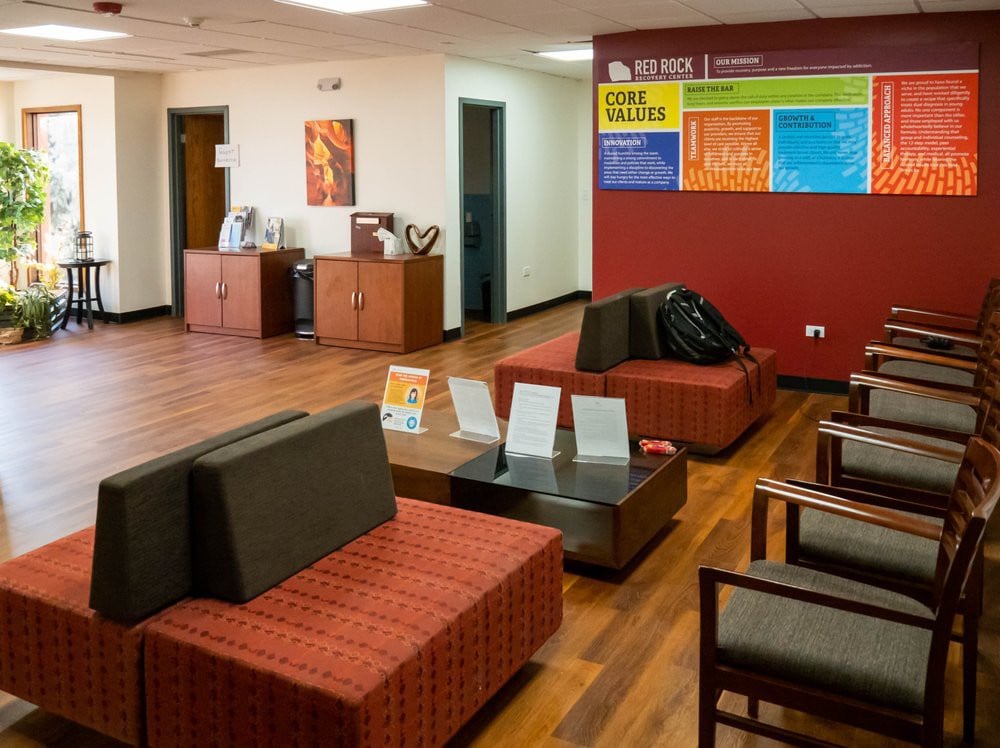This is the worst place you could send your kid to. Your kid will never recover for everything he will be made to endure there. They don't care about reforming the children, instead, they try to do everything they can to destroy their souls. I saw many children being misdiag ...
About Denver Children’s Home
The Denver Children’s Home in Denver, Colorado is a residential treatment facility for youth. They work with kids who have gone through issues like complex trauma, neglect, or abuse. They also support children who are living with mental illness. This could include young clients dealing with substance use disorders, depression, anxiety, self harm tendencies and more.
Denver Children’s Home is licensed as a Psychiatric Residential Treatment Facility that treats youth between the ages of nine and 18.
This residential program is designed to help young people heal and grow in a safe and supportive environment. The campus includes an accredited on-site school called The Bansbach Academy.
Residential Care for Clients Under 18
This residential program uses a holistic approach to healing. They offer group therapy, experiential activities like art, music, equine, animal yoga, and ropes courses.
Denver Children’s Home boasts five dormitories that each have several common areas and bathrooms. They are staffed around the clock, even at night.
I like that every resident has a dedicated therapist that they see weekly for individual counseling sessions. If appropriate, family therapy is also available.
Their clinical team includes a psychiatrist and clinical psychologist. These experts will constantly assess each resident’s progress to tweak their care and support. The team works with the child’s full system including caseworkers, teachers, family and more.
Educational and Creative Activities for Youth in Colorado
Outside of therapy, residents will take part in their on-site accredited school. I like that class size averages eight to 10 students so that each kid gets the attention and support they need. Their academic program is designed to support social-emotional development as well as academics. This way, students learn coping strategies so they can succeed in public school settings once they leave Denver Children’s Home.
After school and on the weekends, students will take part in a range of fun and creative activities. Sports, horticulture, music and arts and much more.
This campus boasts a fitness room with top equipment, a rose course, a playground, and a meditation garden.
Latest Reviews
Rehab Score
Gallery
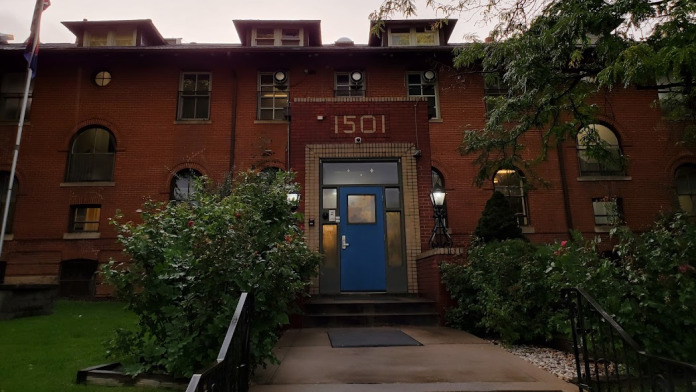
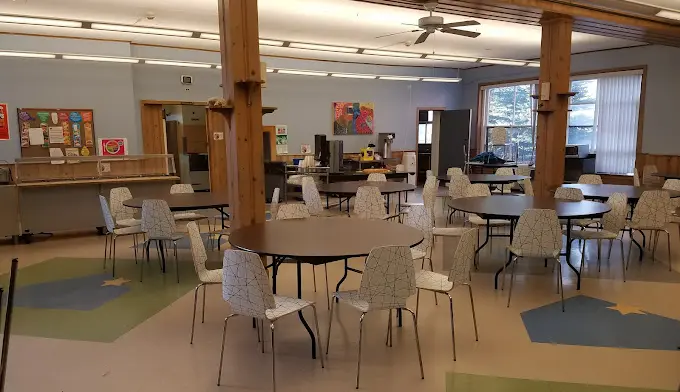
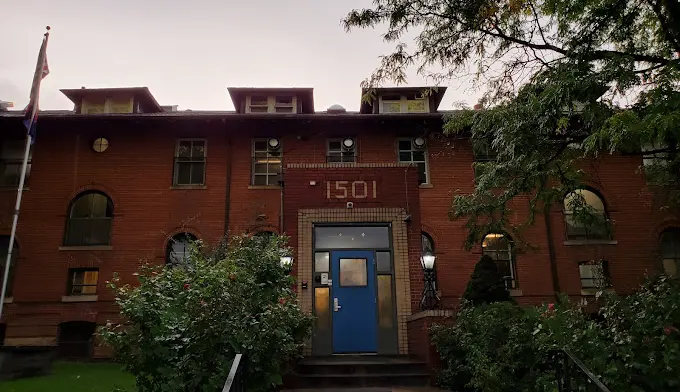
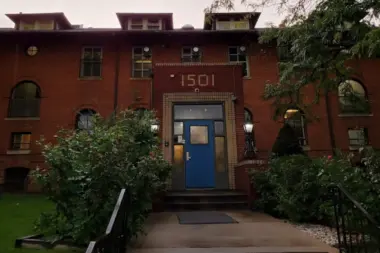
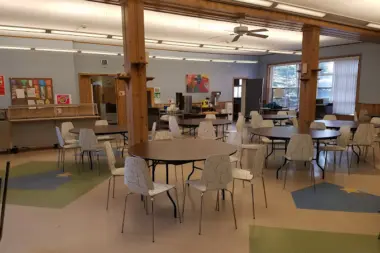
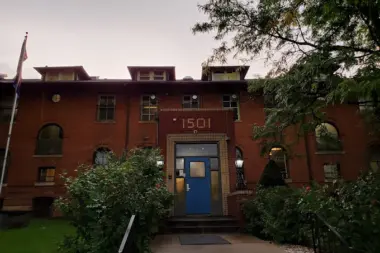
Other Forms of Payment
Private insurance refers to any kind of healthcare coverage that isn't from the state or federal government. This includes individual and family plans offered by an employer or purchased from the Insurance Marketplace. Every plan will have different requirements and out of pocket costs so be sure to get the full details before you start treatment.
Self-pay involves paying for treatment out of your own pocket. You can use savings or credit, get a personal loan, or receive help from family and friends to fund your treatment. If you don't have insurance or your insurance plan doesn't cover a specific program, self-pay can help ensure you still get the care you need.
Financial aid can take many forms. Centers may have grants or scholarships available to clients who meet eligibility requirements. Programs that receive SAMHSA grants may have financial aid available for those who need treatment as well. Grants and scholarships can help you pai for treatment without having to repay.
Medicaid is a state based program that helps lower-income individuals and families pay for healthcare. Medicaid covers addiction treatment so those enrolled can use their coverage to pay for rehab. When a program accepts Medicaid the client often pays very little or nothing out of their own pocket.
Military members, veterans, and eligible dependents have access to specific insurance programs that help them get the care they need. TRICARE and VA insurance can help you access low cost or no cost addiction and mental health treatment. Programs that accept military insurance often have targeted treatment focused on the unique challenges military members, veterans, and their families face.
Addiction Treatments
Levels of Care
Outpatient Programs (OP) are for those seeking mental rehab or drug rehab, but who also stay at home every night. The main difference between outpatient treatment (OP) and intensive outpatient treatment (IOP) lies in the amount of hours the patient spends at the facility. Most of the time an outpatient program is designed for someone who has completed an inpatient stay and is looking to continue their growth in recovery. Outpatient is not meant to be the starting point, it is commonly referred to as aftercare.
Residential treatment programs are those that offer housing and meals in addition to substance abuse treatment. Rehab facilities that offer residential treatment allow patients to focus solely on recovery, in an environment totally separate from their lives. Some rehab centers specialize in short-term residential treatment (a few days to a week or two), while others solely provide treatment on a long-term basis (several weeks to months). Some offer both, and tailor treatment to the patient's individual requirements.
For those that don't require round-the-clock care, a partial hospitalization program (PHP) is a short-term option that can be used as a step-down treatment or as an alternative to intensive hospitalization. PHP treatment requires up to 5 days a week of commitment where you'll receive 6 to 8 hours of support every day. While a partial hospitalization program typically requires a commute, telehealth may be available. PHP treatment costs can vary but are often covered by most insurance.
Treatments
Many of those suffering from addiction also suffer from mental or emotional illnesses like schizophrenia, bipolar disorder, depression, or anxiety disorders. Rehab and other substance abuse facilities treating those with a dual diagnosis or co-occurring disorder administer psychiatric treatment to address the person's mental health issue in addition to drug and alcohol rehabilitation.
Mental health rehabs focus on helping individuals recover from mental illnesses like bipolar disorder, clinical depression, anxiety disorders, schizophrenia, and more. Mental health professionals at these facilities are trained to understand and treat mental health issues, both in individual and group settings.
Programs
Young adulthood can be an exciting, yet difficult, time of transition. Individuals in their late teens to mid-20s face unique stressors related to school, jobs, families, and social circles, which can lead to a rise in substance use. Rehab centers with dedicated young adult programs will include activities and amenities that cater to this age group, with an emphasis on specialized counseling, peer socialization, and ongoing aftercare.
The providers who specialize in the children's rehab space understand the specialized needs that this population faces. School-based and social services such as tutoring and family counseling are often central to treatment. Child programs may also address the needs of youth experiencing substance abuse in the home, including a parent's or sibling's addiction.
Clinical Services
Group therapy is any therapeutic work that happens in a group (not one-on-one). There are a number of different group therapy modalities, including support groups, experiential therapy, psycho-education, and more. Group therapy involves treatment as well as processing interaction between group members.
In individual therapy, a patient meets one-on-one with a trained psychologist or counselor. Therapy is a pivotal part of effective substance abuse treatment, as it often covers root causes of addiction, including challenges faced by the patient in their social, family, and work/school life.
Research clearly demonstrates that recovery is far more successful and sustainable when loved ones like family members participate in rehab and substance abuse treatment. Genetic factors may be at play when it comes to drug and alcohol addiction, as well as mental health issues. Family dynamics often play a critical role in addiction triggers, and if properly educated, family members can be a strong source of support when it comes to rehabilitation.
Dialectical behavior therapy is skills based and present oriented. You'll be asked to keep a diary of emotions and related behaviors and practice the skills you've been learning between sessions. The focus of skills development is on mindfulness, distress tolerance, emotion regulation, and interpersonal effectiveness.
Creative arts therapy can take place in individual or group sessions. It may include reading poetry, journaling, making videos, or scrapbooking. These expressive activities allow participants to tap into emotions and process challenges in ways other than talking about their problems.
Participating in experiential therapy in Colorado brings awareness to the emotions and thoughts that affect your behavior. As you engage in an interactive or creative activity, your therapist will help you reflect on and analyze these patterns and develop healthy coping strategies to use in the future.
Amenities
-
Residential Setting
-
Gym
-
Meditation Room
-
Art Activities
-
Music Room
Staff
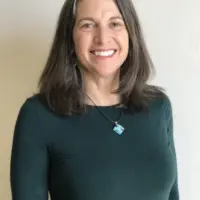
Rebecca Hea-Wilson, PsyD, LP
Executive Director

Phil Bloise
COO & Finance Director
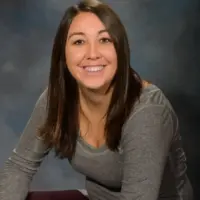
Lyndsey DiOrio, LCSW
Residential Program Director

Mark Stone, M.D.
Medical Director
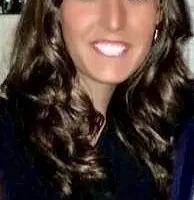
Carly Walters, PsyD, LP
Clinical Director
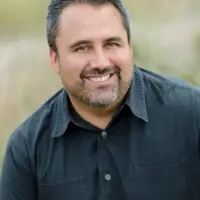
Armann Heshmati, LMFT
Director of Community-Based Services
Contact Information
1501 Albion Street
Denver, CO 80220
